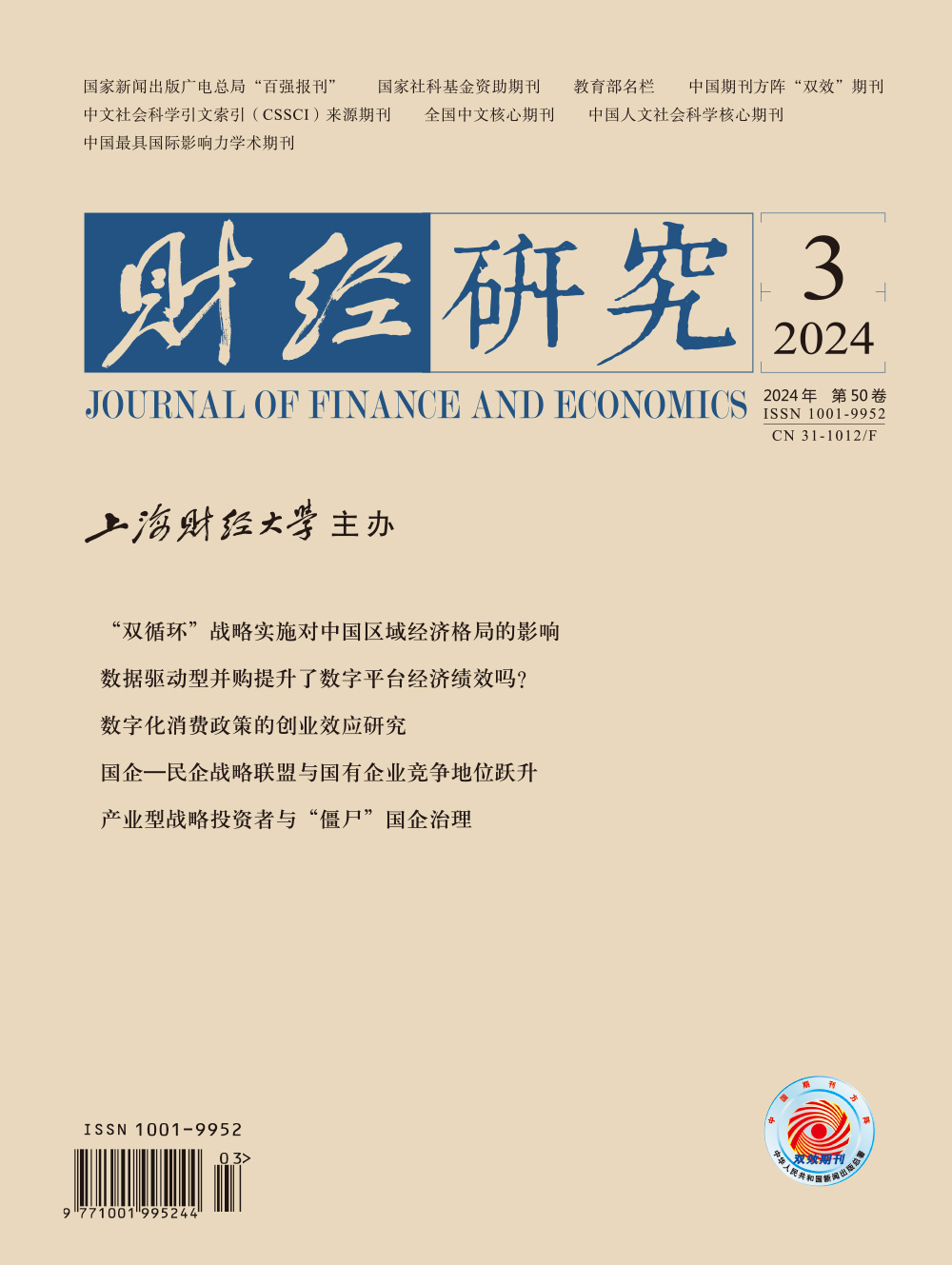At present, China’s information consumption has entered a new stage of capacity expansion and quality improvement. New forms of consumption, brought by digital technology, such as information technology, intelligent technology, and big data, are constantly growing and becoming the main force leading China’s consumption upgrading. They are significantly changing the way, content, and consumption structure throughout the society. How to guide the development of new urban innovation and entrepreneurship through digital consumption transformation is immensely important in expanding domestic demand and deepening supply-side structural reform.
Using the registration data of industrial and commercial enterprises obtained from Sky Eye Search, this paper takes information consumption pilot policies as a quasi-natural experiment and systematically investigates the impact of digital consumption policies on the level of urban entrepreneurship by using the staggered DID method. The empirical evidence suggests that: (1) Implementing digital consumption policies significantly boosts the level of urban entrepreneurship, and there is a linkage effect between digital consumption policies and Smart City, Broadband China, and National Big Data Comprehensive Pilot Zones, which jointly drive the improvement of urban entrepreneurship level. (2) Digital consumption policies mainly improve the level of urban entrepreneurship through the factor agglomeration effect, which drives the agglomeration of labor, capital, and technology, as well as through the digital application effect. (3) There is an industry selection bias in the policy effect. For the manufacturing industry, it mainly improves the entrepreneurship level of intelligent manufacturing; while for the service industry, it has a greater impact on the entrepreneurship level of emerging services. In addition, the entrepreneurial enhancement effect of digital consumption policies is more evident in regions with a higher level of marketization and more advantages in network infrastructure construction.
The marginal contributions are as follows: First, based on information consumption pilot policies, this paper studies the economic leading role of new digital consumption policies from the perspective of China’s digital consumption transformation and upgrading, and discusses the impact of digital consumption policies on urban entrepreneurship, effectively filling the gap in relevant research. Second, this paper explores the mechanism of information consumption pilot policies, the factor agglomeration effect, and the digital application effect to improve the level of urban entrepreneurship through the policy implementation plan, providing supporting evidence for the policy direction to further optimize the regional entrepreneurship pattern by relying on emerging consumption patterns. Third, this paper examines the impact of information consumption pilot policies on the level of urban entrepreneurship from the perspective of entrepreneurial industry heterogeneity and basic condition heterogeneity, and explores the policy bias and linkage effect of information consumption policies and other relevant digital economy policies in improving the level of urban entrepreneurship, providing an empirical basis for further enhancing the role of information consumption policies in improving the level of urban entrepreneurship according to industrial and local conditions.





 2253
2253  3089
3089

